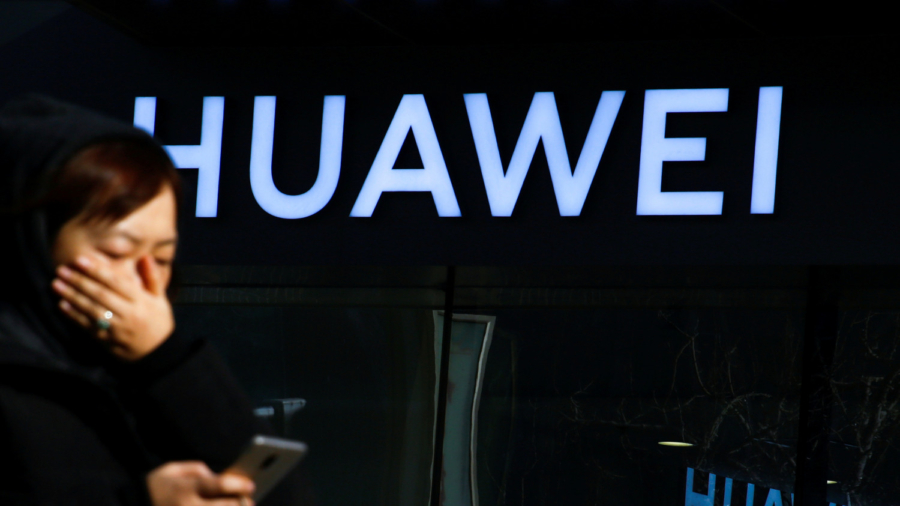Five U.S. senators wrote to Microsoft on Oct. 7 concerning the “real and urgent” threats posed by Chinese tech giant Huawei.
The letter was a response to Microsoft President Brad Smith, also the U.S. software developer’s chief legal officer, who said in a Bloomberg Businessweek interview that the U.S. regulators should provide more evidence to back up its rationale for blacklisting Huawei.
In May, the U.S. Department of Commerce placed Huawei and 68 subsidiaries on an “Entity List” on national security grounds, which effectively banned it from doing business with U.S. companies, unless it applies for a special license. U.S. authorities have since added more Huawei subsidiaries to the list.
“To tell a tech company that it can sell products, but not buy an operating system or chips, is like telling a hotel company that it can open its doors, but not put beds in its hotel rooms or food in its restaurant,” Smith told Bloomberg.
The senators, including Tom Cotton (R-Ark.), Marco Rubio (R-Fla.), Rick Scott (R-Flor.), Mike Braun (R-Ind.), and Josh Hawley (R-Mo.), listed examples of Huawei’s cyberespionage and technology theft.
“We appreciate Microsoft’s communications with our offices and your understanding of the threats posed by Huawei. We also understand that many American companies have conducted business in good faith with Huawei and other Chinese telecommunications companies.
We believe, however, that a review of publicly available evidence indicates that the security concerns about Huawei are real and urgent,” the letter read.
“Huawei poses an enormous threat to our national security,” Cotton said in an Oct. 7 tweet.
Cotton’s office could not be reached as of press time.

Concerns About Huawei
Huawei is a major Microsoft customer; Microsoft sells Huawei tech products, while Huawei uses Microsoft software for its devices.
U.S. officials and experts have previously sounded the alarm over the company, saying its products could be used by the Chinese regime for spying or to disrupt communication networks, due to its close ties with the Chinese military. Critics also raise that Chinese laws compel companies to cooperate with intelligence agencies when asked.
The Chinese company is currently indicted in two U.S. cases. It is charged with bank fraud and violating U.S. sanctions on Iran by allegedly misrepresenting to U.S.-based banks its relationship with a subsidiary that did business in the country.
In a separate indictment, Huawei is charged with stealing trade secrets from U.S. mobile carrier T-mobile relating to a cellphone-testing robot.
Federal prosecutors are also reportedly investigating the Chinese company over other instances of alleged theft of intellectual property.
A July study by Christopher Balding, an associate professor at Fulbright University Vietnam, analyzed leaked CVs of thousands of Huawei employees and found that about 100 staff members had links to Chinese military or intelligence agencies.
In June, research by cybersecurity firm Finite State also found Huawei’s devices much more vulnerable than its competitors to hacking. Tests showed that over 55 percent of the 550 tested Huawei devices had at least one potential backdoor, which could be a gateway for malicious attacks.
In September, U.S. President Donald Trump called Huawei “a big concern of our military [and] of our intelligence agencies,” and reaffirmed that they are “not doing business with Huawei.”
On Sept. 25, the Senate passed Resolution 331 to keep Huawei on the entity list.
From The Epoch Times


